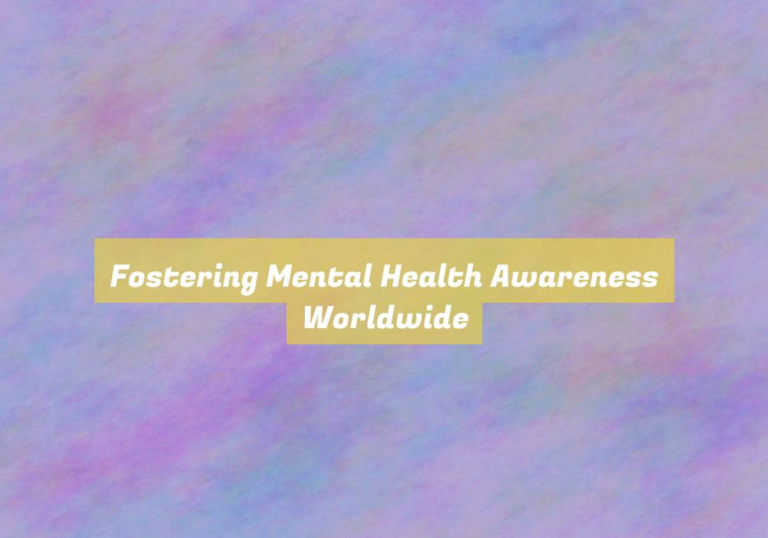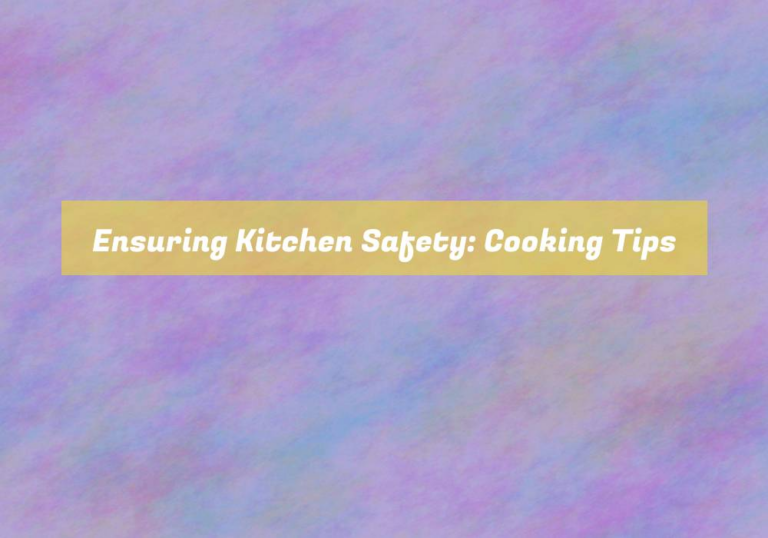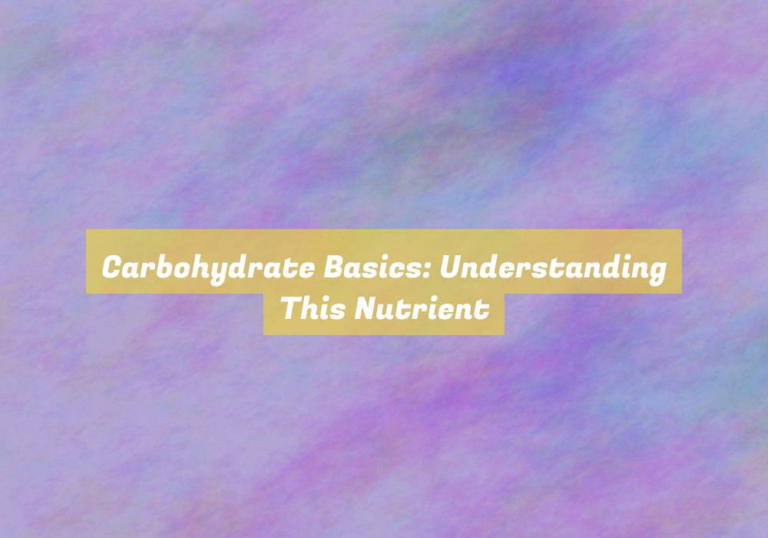Unlocking Calmness: The Path to Stress Reduction and Emotional Wellness
In the chaotic rhythm of modern life, finding a moment of calm can feel like searching for a rare treasure. But what if unlocking that calmness was not just a fleeting luxury, but a necessary key to reducing stress and achieving emotional wellness?
Imagine a path that leads to a more serene and balanced state of being, where the weight of everyday pressures begins to lift, and a sense of tranquility becomes more than just a distant dream. As you navigate through the complexities of stress and emotional turbulence, you may wonder if such a path truly exists G?? and if so, how to embark upon it.
Understanding Stress and Its Impact
If youG??re feeling overwhelmed and anxious, stress may be impacting your emotional wellness in more ways than you realize. ItG??s not just a mental burden; it can have physical effects too. Your heart rate may increase, you might experience headaches or muscle tension, and you could even have trouble sleeping.
These physical symptoms are your bodyG??s way of telling you that itG??s under stress. Moreover, stress can also affect your emotions. You may find yourself feeling more irritable, frustrated, or even sad. It can make it harder to concentrate or make decisions, and you might even find yourself withdrawing from the people around you.
These emotional and physical signs of stress are important to recognize because they can be a signal that you need to make some changes in your life. Understanding the impact of stress on your emotional wellness is the first step in learning to manage it effectively.
Mindfulness and Meditation Practices
Feeling the impact of stress on your emotional wellness can be effectively managed through mindfulness and meditation practices. By incorporating these practices into your daily routine, you can cultivate a greater sense of calm and resilience in the face of lifeG??s challenges.
Mindfulness involves paying focused attention to the present moment, acknowledging your thoughts and feelings without judgment. This heightened awareness can help you recognize stress triggers and respond to them in a more composed manner.
Meditation, on the other hand, provides a dedicated time for relaxation and mental clarity. Whether through guided meditation, deep breathing exercises, or visualization techniques, it offers a reprieve from the demands of daily life. Engaging in regular meditation can rewire your brainG??s response to stress, promoting a greater sense of inner peace and emotional balance.
Incorporating mindfulness and meditation practices doesnG??t require a significant time commitment. Even just a few minutes each day can yield noticeable benefits for your emotional wellness. By making these practices a priority, you can navigate stress more effectively and nurture a greater sense of overall well-being.
Incorporating Relaxation Techniques
To enhance your stress reduction and emotional wellness, consider incorporating relaxation techniques into your daily routine.
One effective method is deep breathing exercises. When you feel stressed or anxious, take a few minutes to focus on your breath. Inhale deeply through your nose, hold it for a few seconds, and then exhale slowly through your mouth. This simple practice can help calm your mind and relax your body.
Another helpful technique is progressive muscle relaxation. Start by tensing and then releasing each muscle group in your body, one at a time. This can help alleviate physical tension and promote a sense of relaxation.
Additionally, engaging in activities such as yoga, tai chi, or gentle stretching can contribute to your overall relaxation and well-being.
Finding time for hobbies or activities that bring you joy and peace, such as reading, gardening, or listening to music, can also be valuable relaxation techniques.
Creating a Supportive Lifestyle
Consider surrounding yourself with people who uplift and encourage you to cultivate a supportive lifestyle. Building a supportive network can significantly impact your stress levels and emotional well-being. Seek out friends, family, or colleagues who offer positive reinforcement, constructive advice, and a listening ear. Engaging with individuals who genuinely care about your well-being can provide a sense of belonging and security, which are essential for managing stress and promoting emotional wellness.
Additionally, consider joining groups or communities that align with your interests, values, or goals. Whether itG??s a hobby club, a support group, or a volunteer organization, connecting with like-minded individuals can foster a sense of camaraderie and understanding. These connections can offer valuable support during challenging times and provide opportunities for personal growth and development.
Furthermore, donG??t hesitate to seek professional help if needed. Therapists, counselors, or support hotlines are valuable resources for receiving guidance and support. Embracing a supportive lifestyle involves recognizing when you need assistance and being open to accepting help from others.
Conclusion
YouG??ve learned about the impact of stress and how mindfulness, meditation, and relaxation techniques can help reduce it.
By incorporating these practices into your daily life and creating a supportive environment, you can unlock a sense of calmness and emotional wellness.
Remember, itG??s important to prioritize your mental and emotional health, and these tools can help you find the path to a more relaxed and balanced life.





